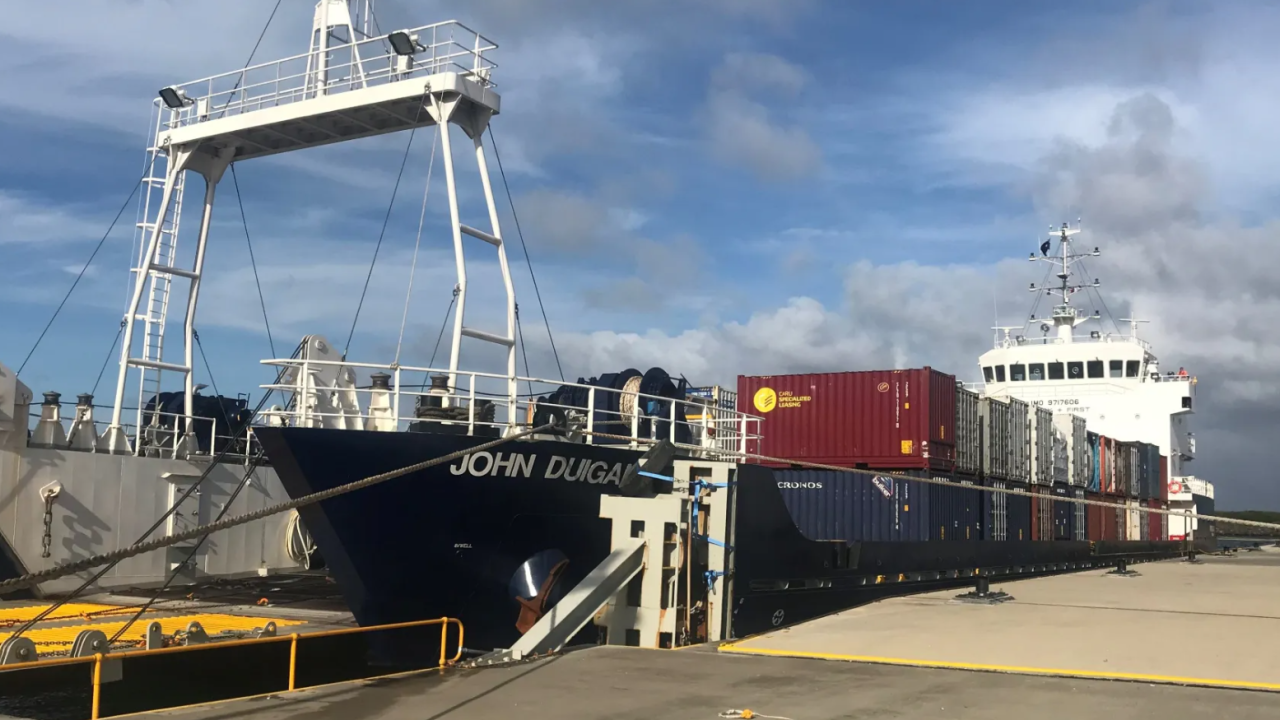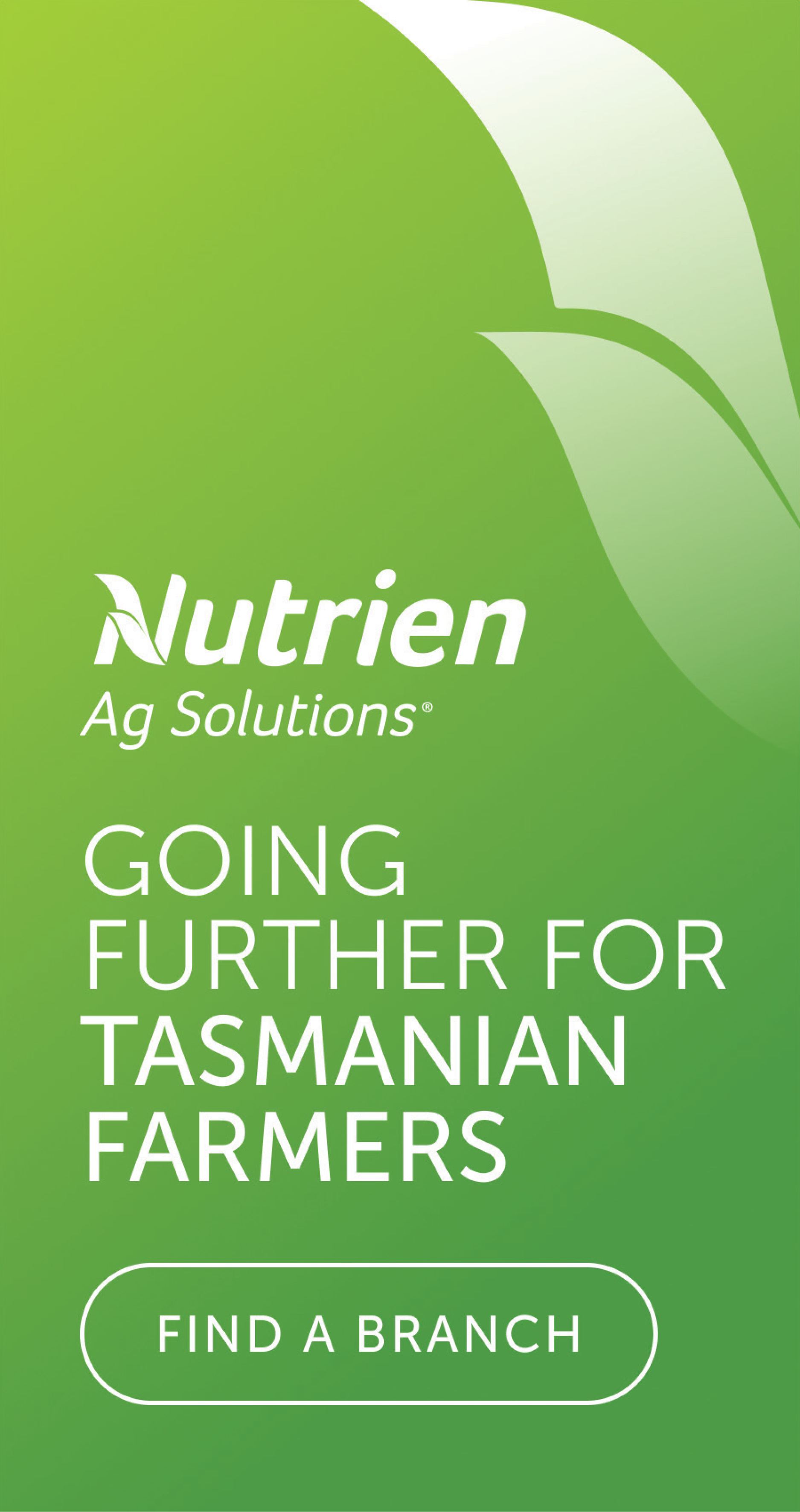TasFarmers Matters - Shipping reform key to Bass Strait islands

MARITIME shipping is a vital artery for Tasmania’s island economy.
According to TasPorts, more than 2,600 vessels visited our ports in 2024 alone, facilitating the export of over 633,000 twenty-foot equivalent units.
This trade supported 8,000 jobs and contributed nearly $2.3 billion to the state’s economic output.
But if the past two years of dry conditions have taught us anything, it’s that the current shipping provision to the Bass Strait islands is not fit for purpose.
It is holding us back from increasing our state’s gross productivity and has placed significant pressure on producers, particularly when it comes to importing feed or managing livestock during drought.
These logistical inefficiencies have proven costly, and they undermine producers’ ability to respond to diverse market and operational demands.
During the last major drought on King Island, the situation was markedly different.
A local meat processing facility and an effective, triangulated shipping service allowed stock and fodder to move both north and south, providing flexibility and resilience.
By contrast, in 2023, at the peak of drought impact, producers couldn’t send livestock north to Victoria.
Instead, stock had to be transported to Tasmania, where meat processors were already operating at full capacity.
This bottleneck meant demand couldn’t be met, and producers were forced to yard and later transport animals to Victoria—often at a loss.
The delay and disruption degraded product quality and eroded the value of beef that otherwise would have sold under the King Island brand through Tasmanian processing.
King Island farmers have been clear: the solution requires collaboration between farmers, TasPorts, and the government to develop a long-term strategic plan.
But this starts with political leadership and a policy shift; especially from the major parties on how we enable King and Flinders islands to do business.
Producers on Flinders are experiencing the same cost pressures and economic uncertainty.
If shipping costs, council rates, and other farm inputs continue to rise unchecked, operating in these rural areas will become unsustainable.
That's why we need, this election, a strategic investment and commitment to develop a roadmap for the Bass Strait islands.
A sensible framework would support scalable shipping movements both in and out of the islands, based on seasonal conditions and market demand.
It would provide access to multiple markets and ensure producers are not being left bearing the brunt of the cost for poor infrustructure or reflective planning.
Let’s hope the port light comes on this election with our political leaders and policymakers, because farming is 24 hours a day, 365 days a year and it contributes so much to our economy and the social fabric of our communities.




Add new comment